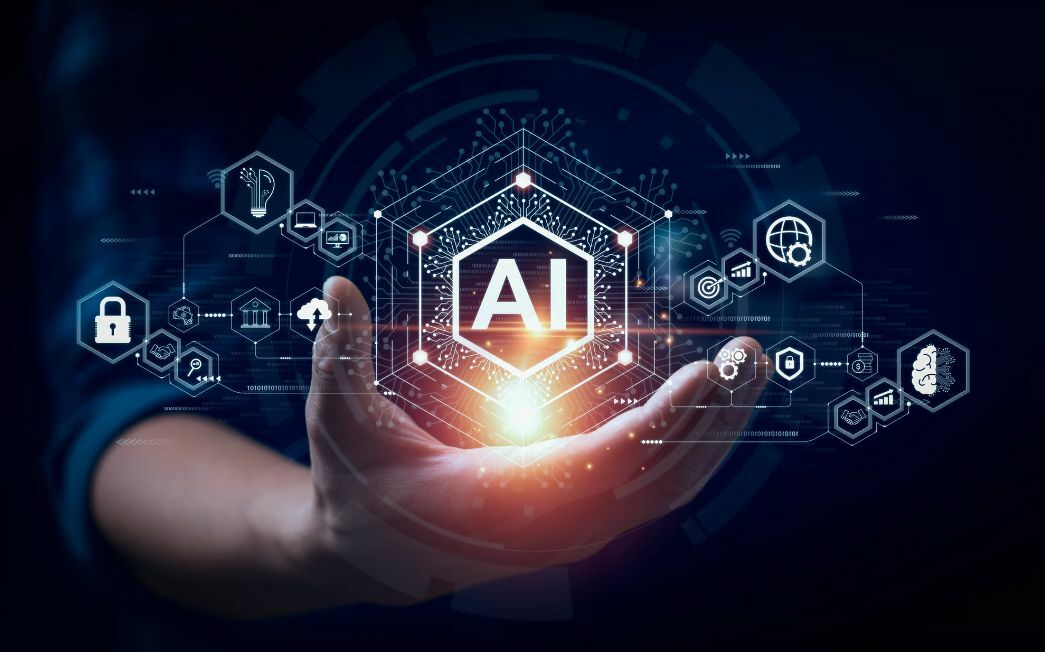Revenue department to use AI for virtual tax consultation with taxpayers

Plans are underway within the Revenue Department to employ online chatbots to provide virtual tax consultation for taxpayers. Director-General Lavaron Sangsnit confided that discussions have commenced with a notable tech entity, Microsoft Corp, concerning the integration of such programmed interactive platforms to offer simplified answers to tax-related queries.
The objective of this manoeuvre, states the director-general, is to provide a handrail for those taxpayers who have queries, thus minimising tax disagreements. The successful execution of this tax consultation system will initiate the foremost digitisation of a plethora of department tax documentation. These will be stored in an accessible location to be easily retrieved by ChatGPT, the app under consideration. This body of data will consist of various components, such as the Revenue Code (tax legislation utilised by the department), tax court rulings and a collection of prevalent taxpayer queries.
Microsoft has stakes in OpenAI, the originator of the artificial intelligence (AI) chatbot named ChatGPT, the technology under review. The AI system’s impressive capability lies in its ability to analyse enormous volumes of digitised texts, spanning books, Wikipedia articles and even chat logs – a procedure that demands vast processing power. OpenAI unveiled its AI chatbot late last year, in November.
This tax consultation proposal forms an integral part of the digital roadmap strategy. An attempt to induct more than 10 million taxpayers into the digital tax system, it simplifies the process by allowing authorised service providers to function as mediators for taxpayers eager to integrate into the formal tax system.
The roadmap aspires to realise several key features. By the end of this year, service providers are expected to be capable of submitting electronic tax documentation to the department and storing the same. By 2024, these tax consultation service providers should be equipped to extract information and file tax returns on behalf of the taxpayer. Electronic invoices should be generated by sizeable businesses by 2025 and by 2027, their tax returns should be processed electronically. By 2028, each entrepreneur should have the facility for filing their tax returns virtually, reported Bangkok Post.
Fiscal projections for this year reveal that the Thai government is anticipated to accumulate a net revenue of 2.49 trillion baht. Among this, the major chunk, precisely 61.3%, is procured by the Revenue Department. The Excise Department contributes a further 22.7%, the Customs Department supplies 3.9%, and the residual contribution is sourced from alternative state agencies. Upon comparison, data from the Comptroller-General’s department validates that the Revenue Department is the superior tax collection agency.
The department’s efficiency is underscored by the fact that during the inaugural eight months of fiscal this year, it successfully collected 1.30 trillion baht. This record extends over the previously determined target by 134 billion baht, thus registering an 11.5% surplus.
Latest Thailand News
Follow The Thaiger on Google News:


























